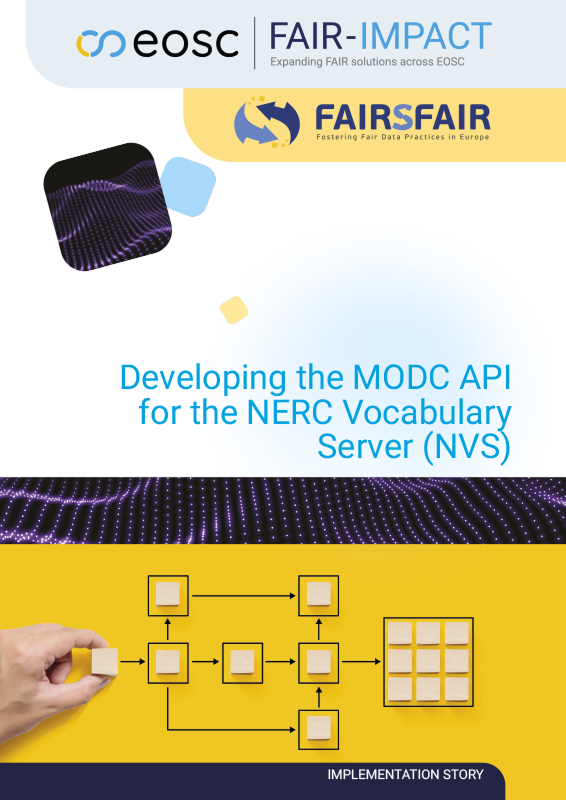Implementation & Adoption Stories
The FAIR-IMPACT Implementation stories illustrate good practices in research communities and organisations to support the implementation of the FAIR principles.
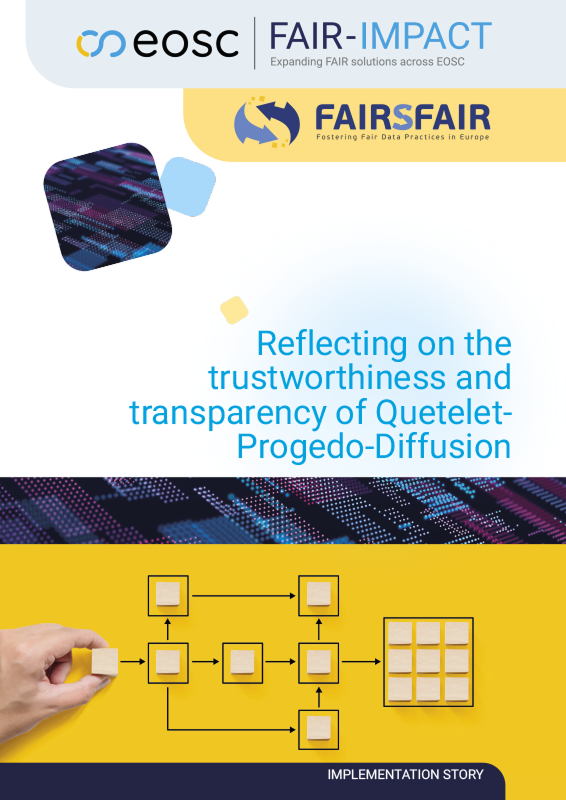
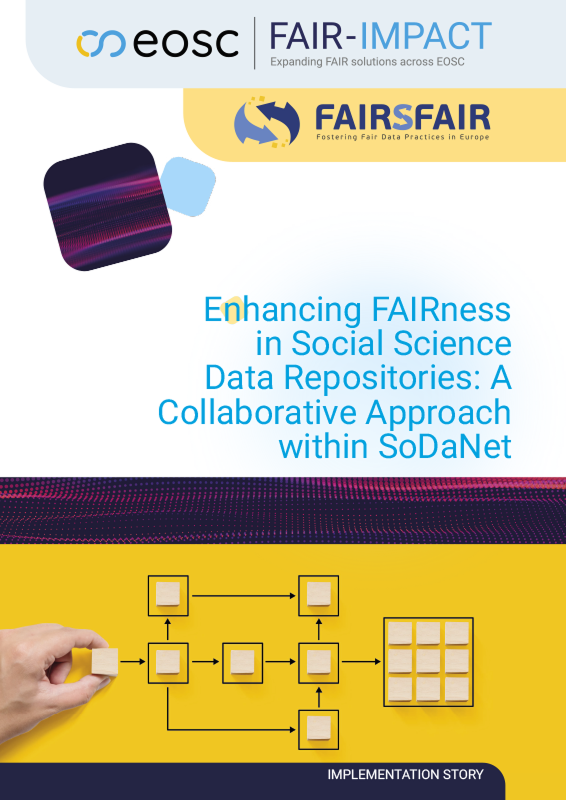
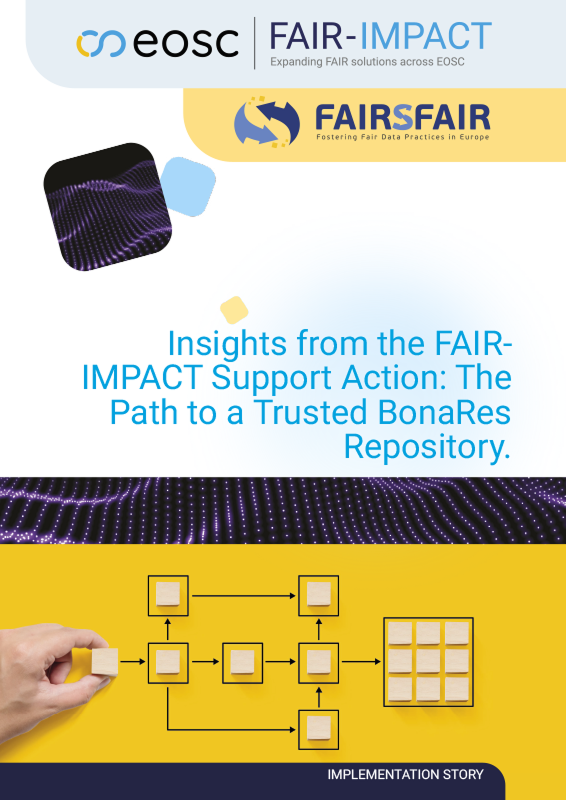
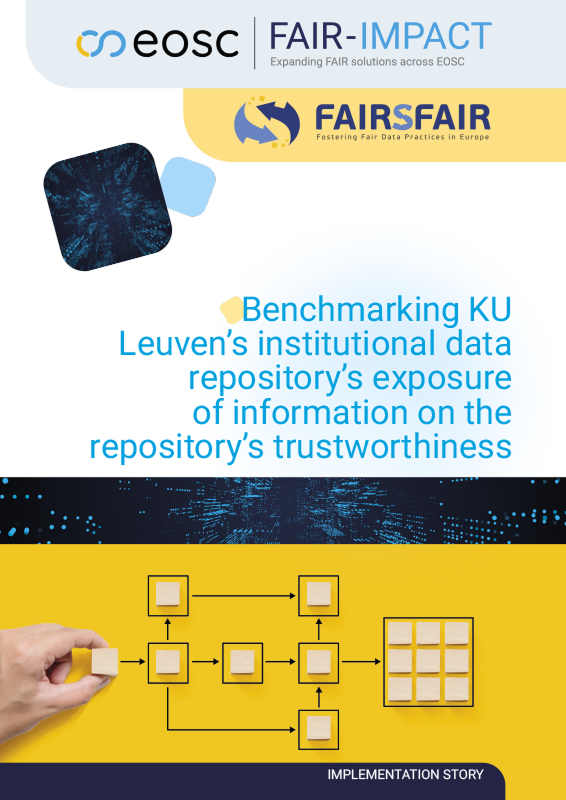
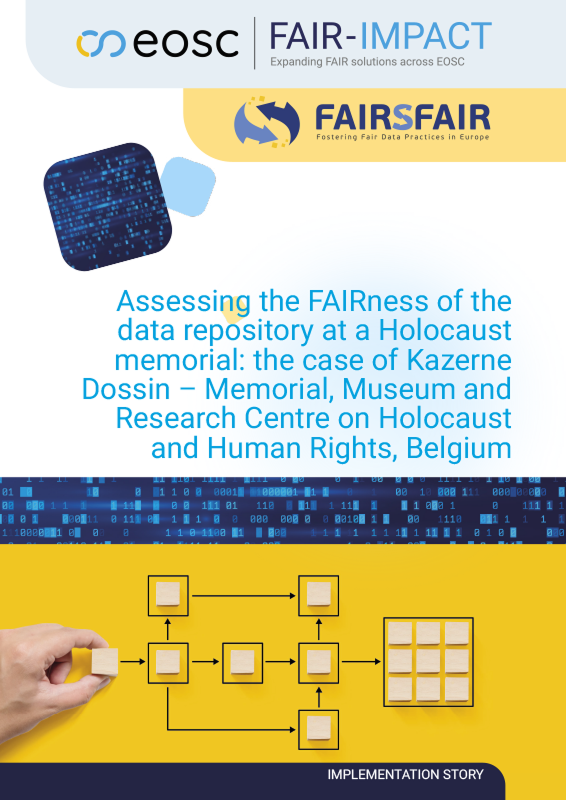
FAIR-enabling and trustworthy data repositories play a central role in making and keeping data FAIR over time. While there is ongoing debate on what constitutes trustworthiness, there is broad agreement that transparency and evidence is essential to enable end users to make informed decisions about the repository services they use. In the scope of FAIR assessment, there are also steps to take in the findability of assessment information, and the exposure of assessment results. FAIR-IMPACT has developed guidelines to improve the transparency of, and trust in, repositories.
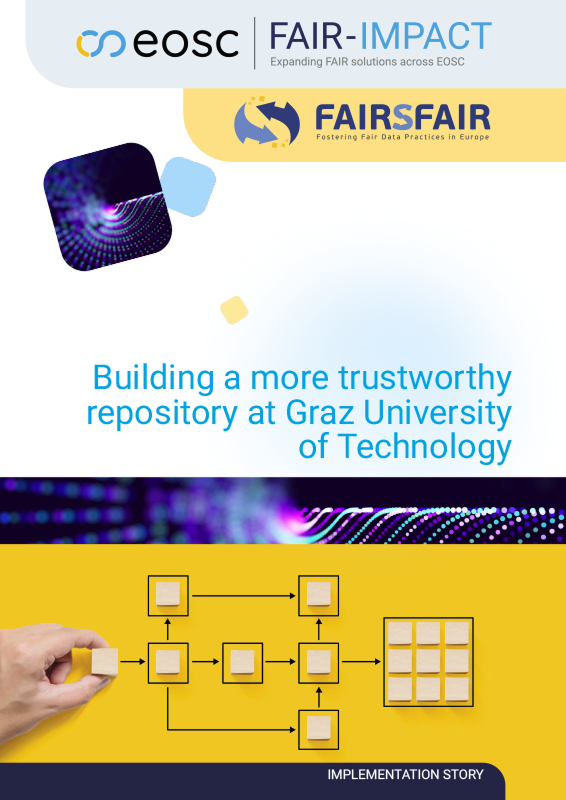
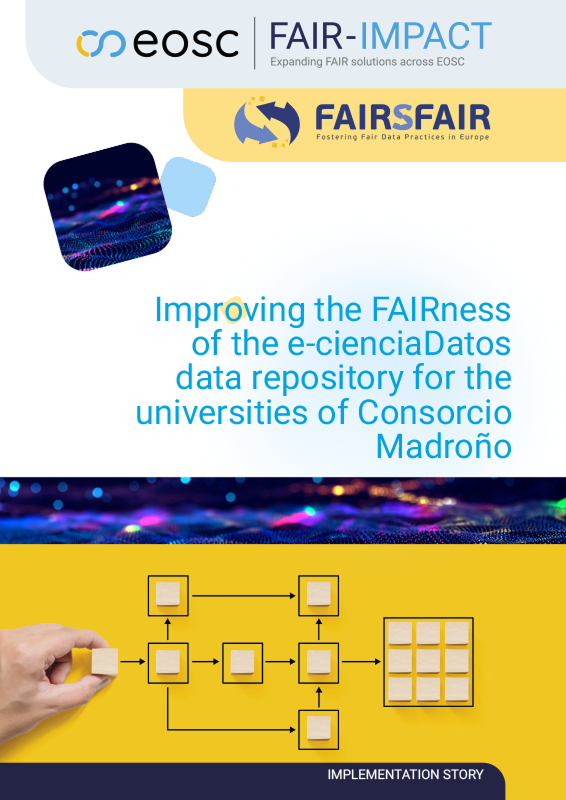
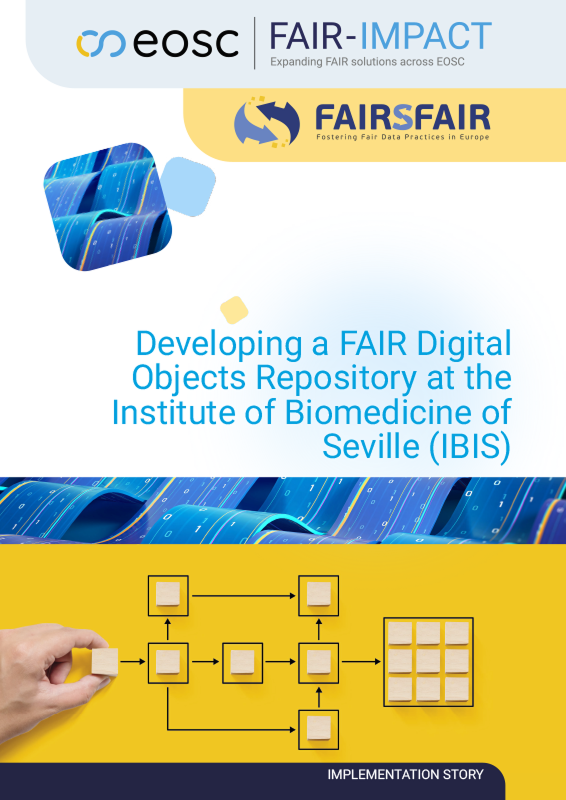
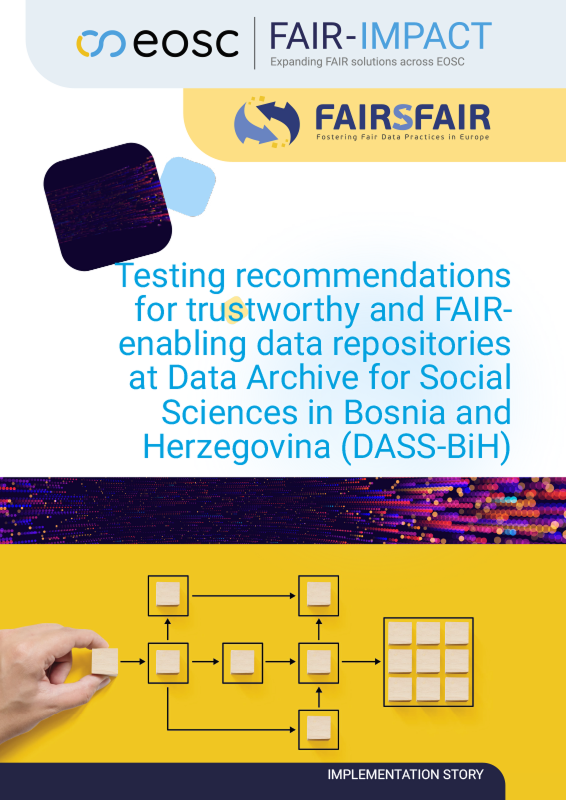
FAIR-enabling and trustworthy data repositories play a central role in making and keeping data FAIR over time. While there is ongoing debate on what constitutes trustworthiness, there is broad agreement that transparency
and evidence is essential to enable end users to make informed decisions about the repository services they use. In the scope of FAIR assessment, there are also steps to take in the findability of assessment information, and the exposure of assessment results. FAIR-IMPACT has developed guidelines to improve the transparency of, and trust in, repositories. In
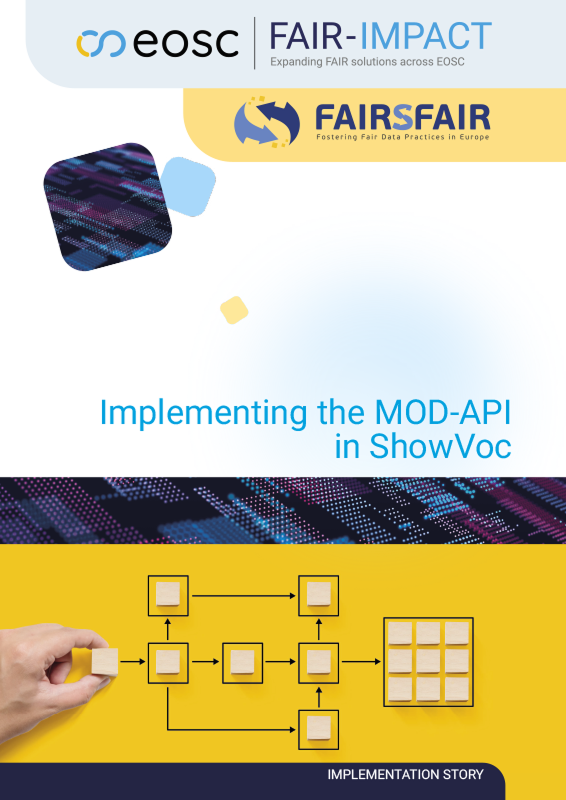
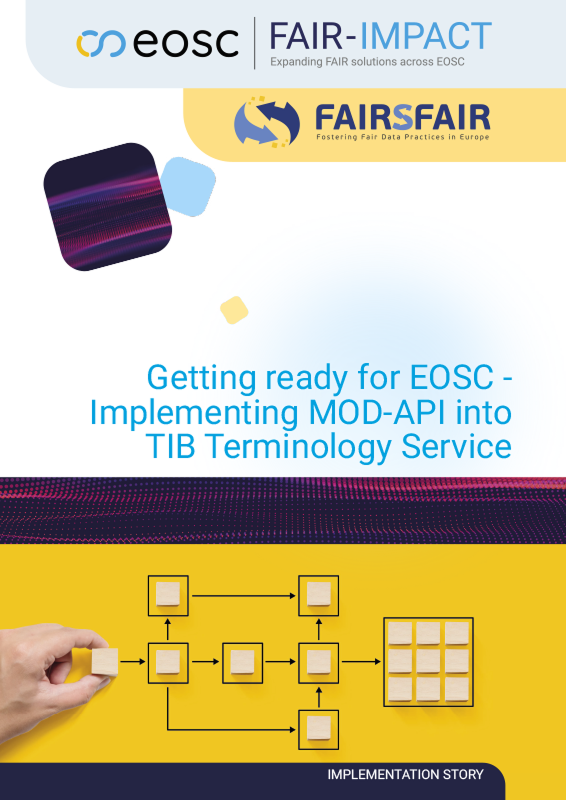
As part of the work of WP4 on Metadata and Ontologies FAIR-IMPACT has established a draft specification of a candidate shared/standard API for SACs. The first version of this draft API is described in D4.3 Specification of shared metadata description of semantic artefacts and their catalogues including common reference API1. In this specification, the Metadata for Ontology
